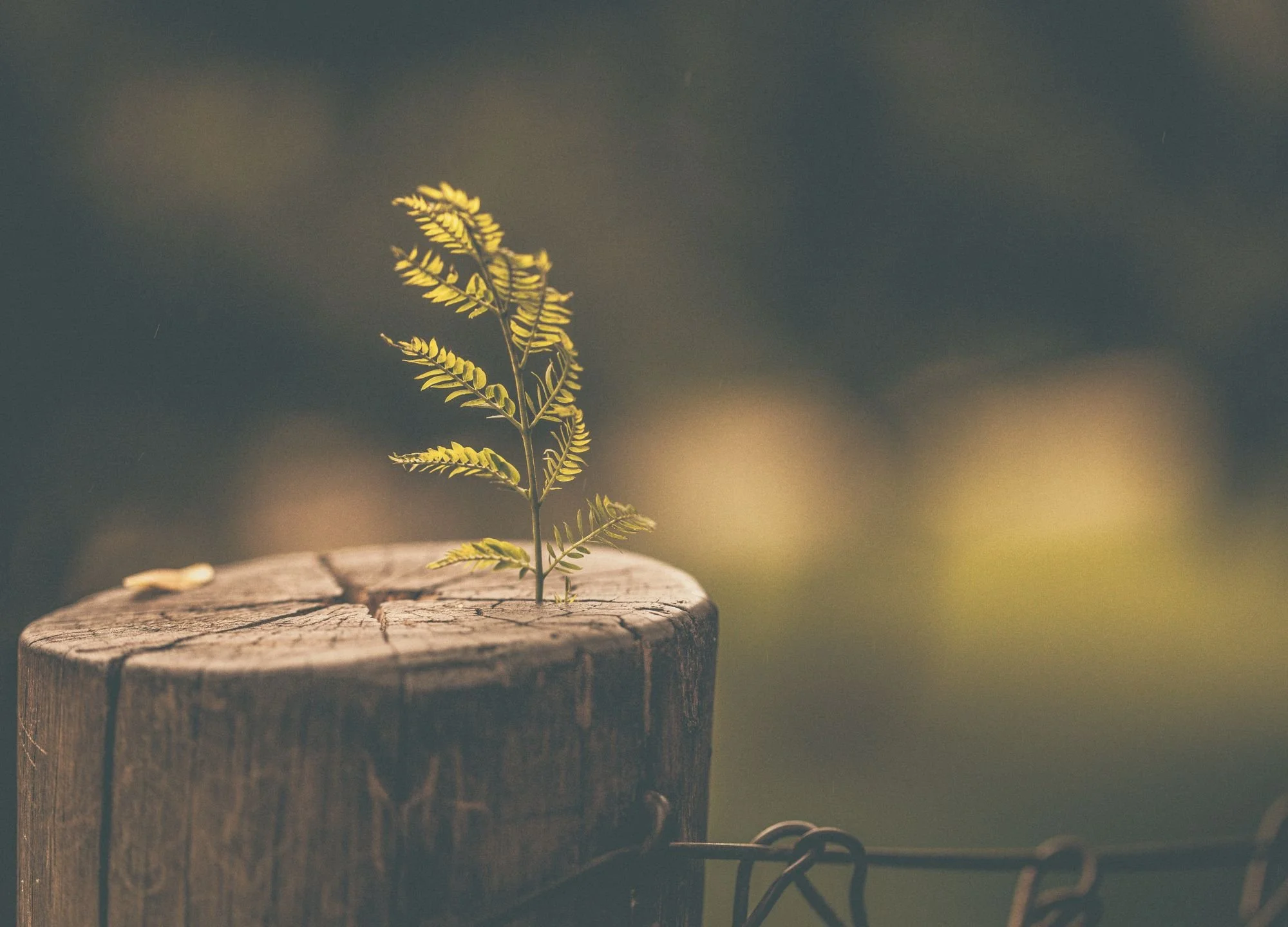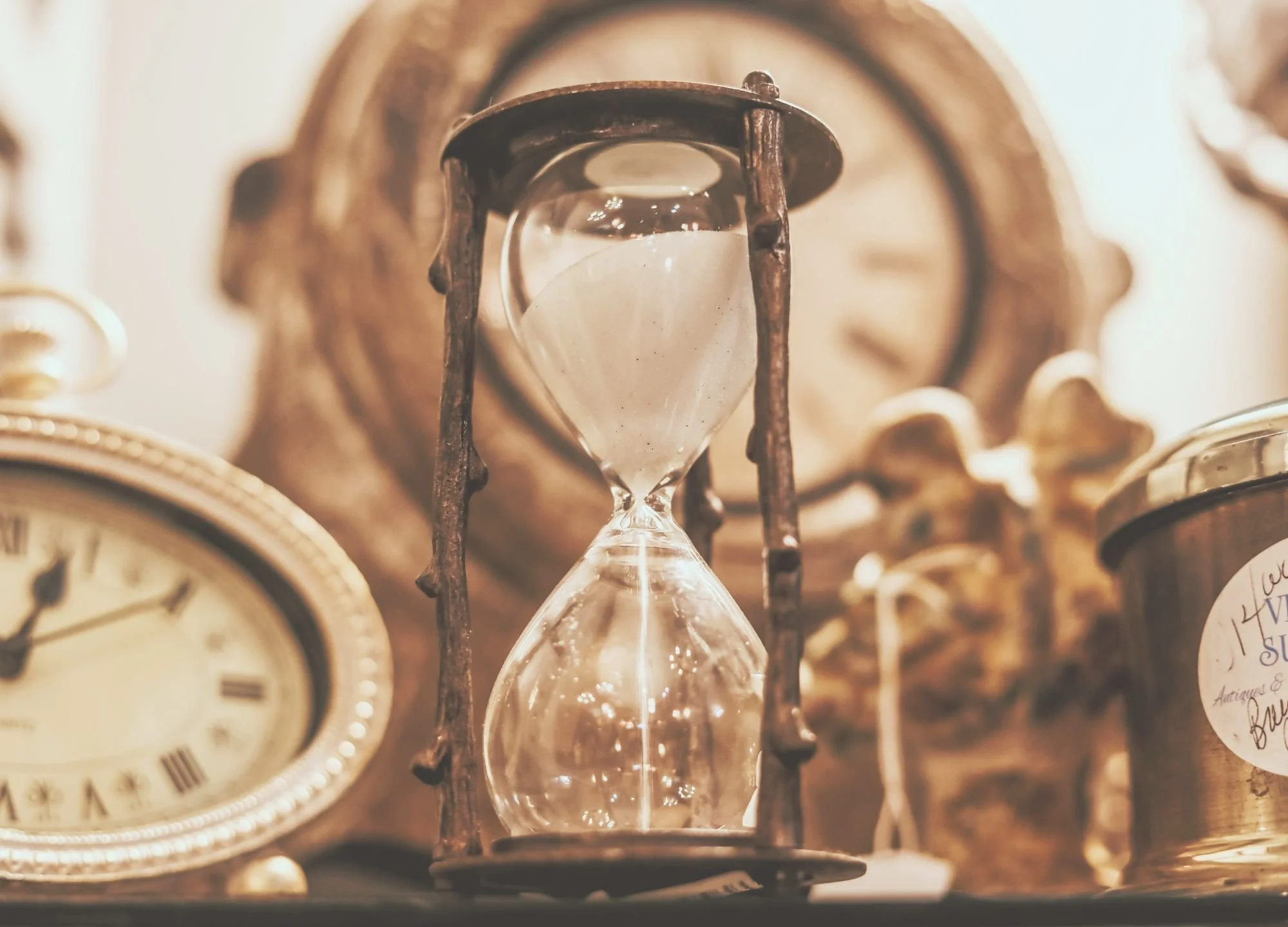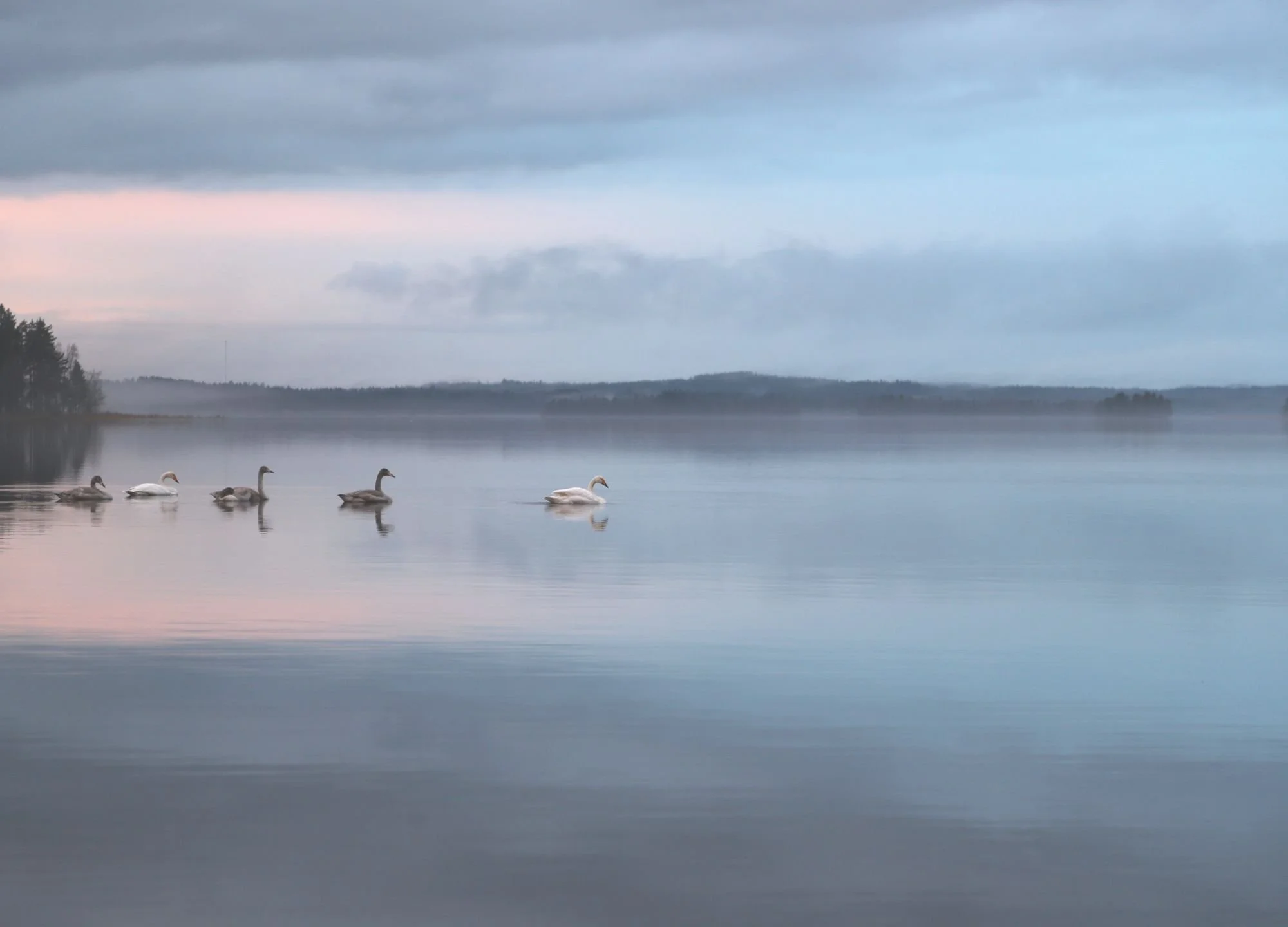Our traumas got the best of us. How do I break the cycle?
Nicole writes: I am in the middle of going through a breakup with my one-year-old baby’s father. We got pregnant right away after dating for a couple of months and decided to have our baby. It has been a very tumultuous relationship, as we both have our fair share of trauma. I felt there was genuine love and care for one another, but our traumas got the best of us. I do want to have a healthy relationship with a man and show my son what a healthy relationship looks like. Still, I’m also terrified to get into another toxic relationship. I know it’s going to take time to heal, but I am wondering how much time a person should take to heal? Also, I’m open to hearing any thoughts on dating or finding a healthy partner while having a child. I know it’s important not to bring just whoever around our children.
Dear Nicole,
I deeply appreciate the sentiment at the heart of your letter. Recognizing the generational legacy of trauma and committing to doing what it takes for that legacy to be resolved through your healing—instead of passing it on to your child—is courageous, inspiring work.
Oftentimes, we only become aware of our childhood trauma when we are in the midst of re-enacting it in a traumatic relationship with a partner. Your letter highlights something that is often overlooked in discussions of toxic relationships and the impact of trauma on intimate relationships.
There are many relationships in which both partners are genuinely loving and want the best for the other person and yet—trauma still ends up creating toxic dynamics that are hurtful and destructive to both people.
Our cultural love story is all about falling in love and living happily ever after. And our cultural story about breakups focuses on the experience of falling out of love.
We don’t have a cultural story about loving someone and the heartbreak that ensues when we have to end that relationship because it’s just not good for us (or the other person).
Letting down our guard in order to be close to another person often activates relational trauma. When we’ve been hurt in the past, we’re aware that being open and unguarded means that we might get hurt again. That’s scary.
The traumatized part of us—that part that is dedicated to keeping us safe, even if it needs to keep others at arm’s length—is alert and hyperreactive to any sign that we’re about to be hurt, let down, or betrayed. It lashes out or withdraws to a safe emotional distance or sabotages intimacy to reestablish that safe distance. But distance feels scary too, so then we try to come close again … and so the cycle goes, over and over again, until one or both people realize that the relationship just isn’t healthy.
Leaving a relationship like this—in which there was genuine love and care alongside the toxic dynamics—is really hard and it deserves time for healing.
There is often grief about the loss of the positive aspects of the relationship as well as grief about the unfulfilled potential for what the relationship could have been, if only trauma didn’t get in the way. An important part of the process of moving on after this relationship involves making space for the complexities of mourning a complicated relationship like this.
You can be sad that it’s ended and also recognize that it had to end.
Now you’re starting to think about being open to dating again. You want to have a healthy romantic relationship, but you don’t yet trust yourself to successfully avoid getting into another toxic relationship.
One of the important steps in healing after a toxic relationship and preparing yourself for the experience of opening yourself up to new love is looking back over the toxic relationship, with a focus on identifying the red flags that signaled the presence of harmful dynamics.
I want to be clear that this process of reflection is not about being hard on yourself for missing those red flags, or overlooking them, or explaining them away.
Just because we can see things clearly now doesn’t mean that we should have been able to see them at the time. As they say, hindsight is 20/20, and love is blind.
So be kind to yourself as you start this process of looking back to see what you couldn’t see at the time. As you start to recognize those red flags—even though you maybe didn’t see them at the time—you’re going to start to feel more confident that you can recognize a toxic relationship.
Relationships happen in real time—and, oftentimes, when conflict erupts in a relationship, we’re so caught up in the intense emotions and stress that we don’t recognize the red flags signalling “Danger! Danger! Get out now!”
Our bodies pick up on them, but our conscious minds don’t register what our bodies are trying to tell us. That’s why taking time after the relationship is over to sort through what happened can help in learning the valuable lessons that difficult relationships offer us.
So, let’s say that one of the red flags that you identified in your last relationship was that your partner subtly undermined your sense of reality by dismissing concerns you brought up about the relationship. And now you’re dating someone new, and a few months into the relationship, your new partner makes a joke that hurts your feelings and when you say, “Ouch. That wasn’t funny,” they respond by rolling their eyes and saying, “Well, I didn’t realize you had no sense of humor.”
Now, maybe in your last relationship, you would have dismissed a comment like that by telling yourself that they’re having a bad day. Or you might have turned on yourself by saying, “Yeah, why am I so sensitive? It was only a joke.”
But now—because you’re committed to listening to yourself and your feelings, and you’re more aware of the early ways in which relationship red flags show up, you pay closer attention.
Maybe you respond by trying to talk about it more, saying something like, “Your response doesn’t feel good to me. If I share that something felt hurtful, I expect that you will take that seriously rather than responding by telling me I don’t have a sense of humor.”
The benefit of speaking up is that your new partner is going to give you further data about whether you’re truly observing a red flag.
If they say, “Sorry. I think I was embarrassed that my joke didn’t land. I should not have said that. Actually you have a great sense of humor. I just made an unfunny joke,” then you know that this is someone with whom you can talk through things and reconnect.
On the other hand, if they were to say something like, “Why are you blowing this out of proportion? Do you want to pick a fight?” then you know that you are interacting with someone who is unwilling to self-reflect, take responsibility for their actions, and make amends where needed. Instead, this is someone who will blame you if you raise a concern in your relationship.
At that point, you will have evidence that this relationship is likely lacking any potential to be healthy, caring, connected, and mutually supportive.
Trusting yourself is key to dating again. You need to trust yourself to be able to recognize red flags. And you need to trust yourself to act on those red flags. In other words, you need to trust that you won’t get hooked into hoping that a partner will change and grow, even when there are no actual indications that they are actively invested in changing and growing.
You need to be able to trust that you can disengage from a relationship when it’s clear that you’re repeating patterns from the past.
While there’s no set timeline for how long it takes to heal after a breakup or after a toxic relationship, you can also trust yourself to know when you’re ready to wade back into the dating pool again.
Having a support system will help with this. That might mean a handful of close friends who you know will tell you the truth, even if you don’t want to hear it. That might mean having a trauma-informed therapist or other helping professional who can support you through the ups and downs of dating.
One of the best strategies for making the shift away from toxic relationships toward healthy relationships is to raise your standards for what you are looking for in a partner and what you want in a relationship. Having a child is helpful in this regard. First, as a single parent, your time is probably pretty limited.
Therefore, anyone you choose to spend time with romantically has to be worth it, right? Instead of tolerating a mostly-okay-but-nothing-special dating situation, raise your bar and aim for spending time only with those who are worth the expense of the babysitter and the effort it takes to have a night out when you have a little one at home.
Also, when you have a child, even if you’re not bringing anyone around your kid, you can still be mindful of whether this is someone you would want to have around your child.
That likely means, at the bare minimum, someone who treats you well, someone who has decent emotional regulation skills (in other words, someone who doesn’t lose their temper or vent their bad moods on anyone in their vicinity), someone who is kind and caring.
Alongside raising your standards for what you’re looking for in a partner, consider what relationship skills you might need to develop.
Healthy relationships don’t just happen. Even when we have good intentions for what we want in relationships, we need to be able to rely on solid relationship skills to navigate the challenges that come with any long-term relationship.
This is especially true when we grew up with models of what not to do in relationships, rather than models for having healthy, fulfilling partnerships. Learning what to do when your trauma gets triggered so it doesn’t play out in your relationships is important. Knowing how to communicate through difficult topics, how to identify and talk about feelings, and how to navigate conflict will serve you well with your future romantic partner. And these relationship skills will also be equally valuable in your relationship with your child.
Remember, you don’t have to have a romantic relationship in order to teach your son what healthy relationships look like. Your relationship with your child is a place where you can start practicing new relationship skills right now.
Having a solid base of skills for healthy relationships is kind of like having a compass when you’re navigating the wilderness. It doesn’t mean that you won’t encounter rocky terrain. It doesn’t prevent you from stumbling or even taking a wrong turn at times.
But having strong relationship skills does give you a way to reorient yourself when you get off track.
And when you’ve taken the time to reflect on what went wrong in your last relationship and what you want for your future relationship, you also have an inner guidance system that will tell you: This feels wrong and uncomfortably familiar. Or: Yes, this feels strange, but I like it. I could get used to someone being nice to me, even when they’re having a bad day.
And on that note, Nicole, that’s my wish for you: to create a life with your child and your future partner that doesn’t resemble your past. That feels new and good and strange in ways that help you know you’re in the unfamiliar territory of love that’s genuine and true, and also healthy and nourishing.
~ Angela
Creating fulfilling relationships after trauma is a journey. Enter your email to subscribe to Ask Angela and get thoughtful, trauma-informed relationship advice delivered to your inbox.
Ask Angela is an advice column dedicated to the topic of having fulfilling relationships after trauma. Click HERE to submit a question for Angela.
DISCLAIMER: this content is intended for informational purposes only and does not constitute professional medical or psychological advice, diagnosis, or treatment. Always seek the advice of your physician or other licensed health care provider with any questions or concerns you may have regarding a medical condition.
about angela Amias, LCSW
Angela Amias, LCSW is a relationship therapist and nationally-recognized expert on trauma and relationships. She’s the co-founder of Alchemy of Love, which provides trauma-informed relationship programs and resources. She’s also the founder of the Institute for Trauma Informed Relationships, which provides training and education to therapists and coaches who want to help their clients heal past wounds and create more fulfilling relationships.
As an expert on trauma and relationships, Angela has been featured in numerous publications, including Today, Oprah, Cosmopolitan, The Independent, Well + Good, Inc., Forbes, Business Insider, Salon, MSN, Women’s Health and the Toronto Sun.







